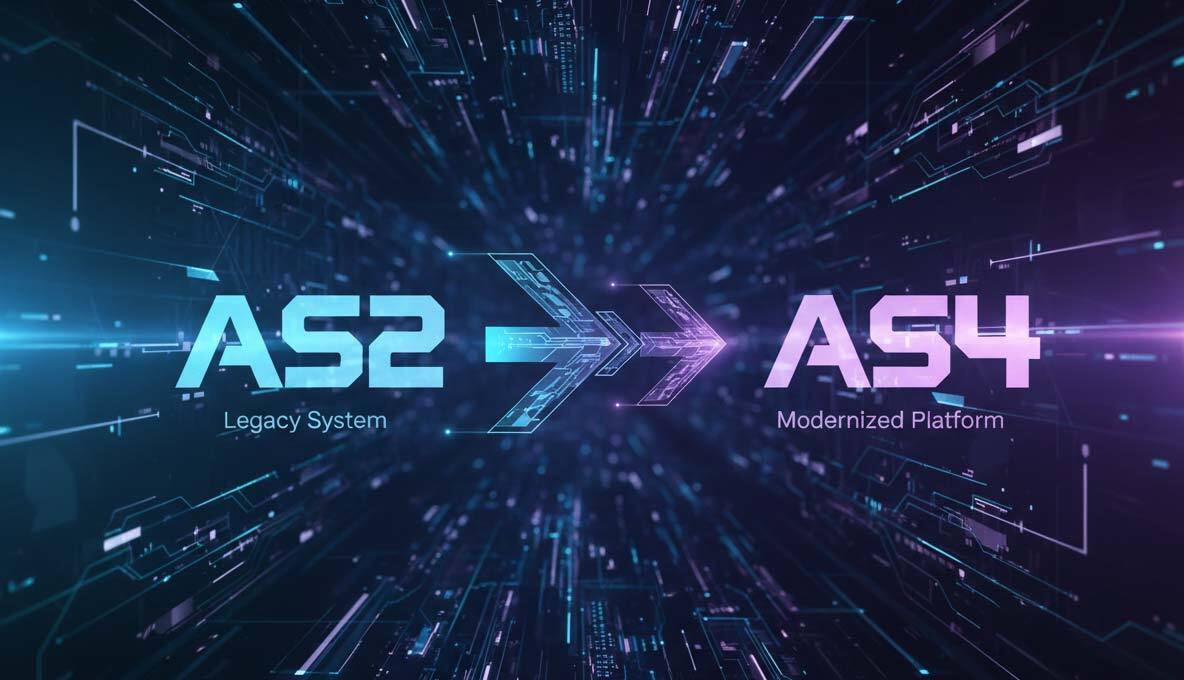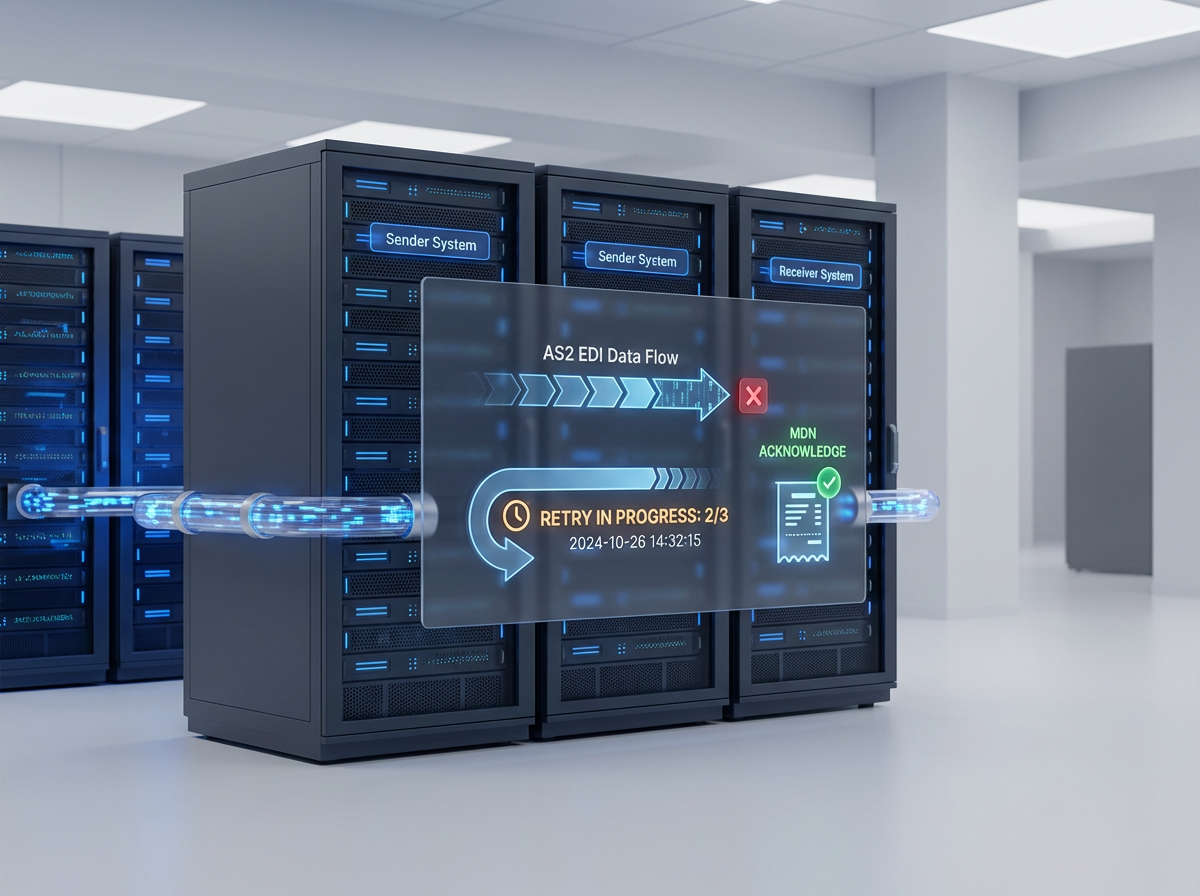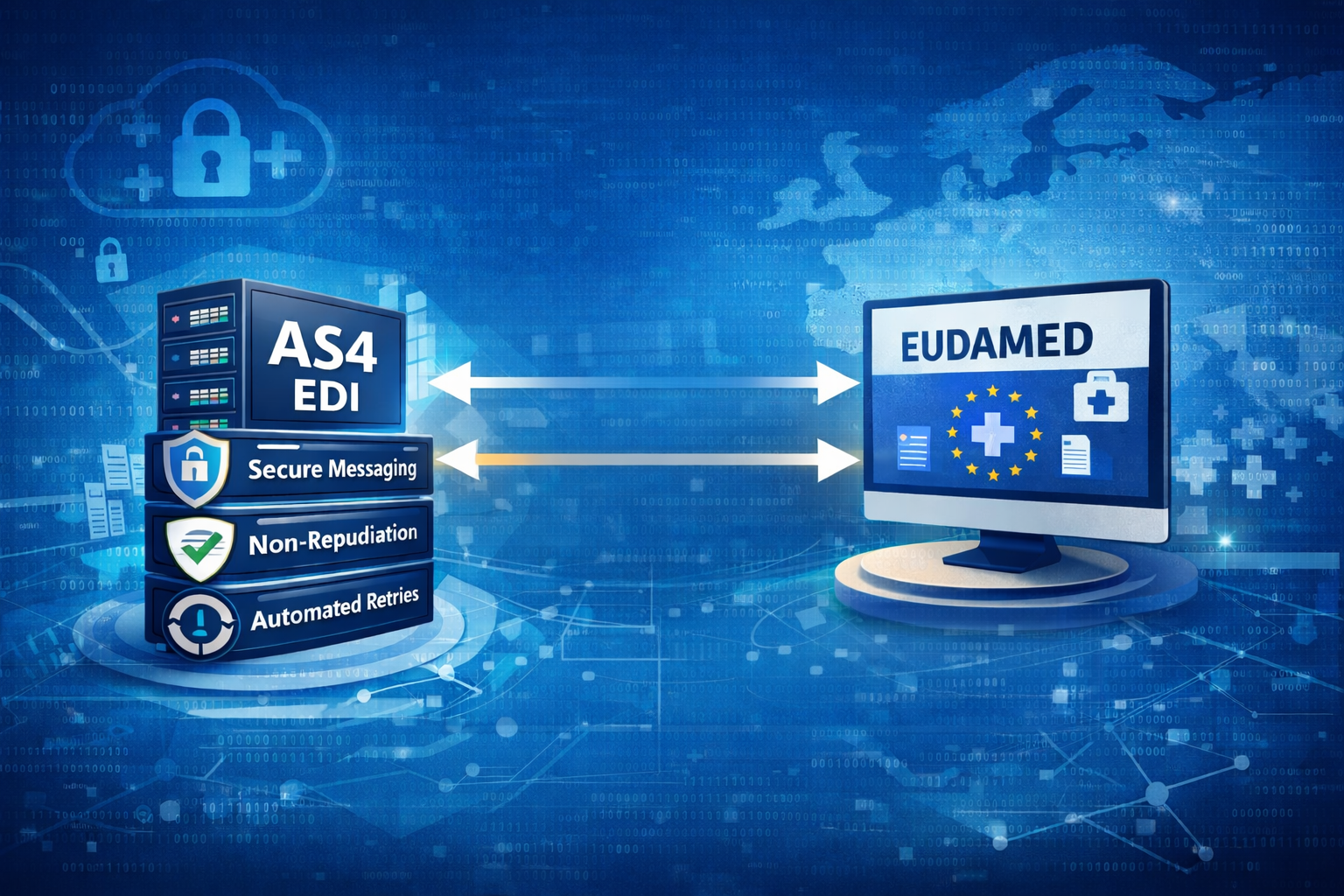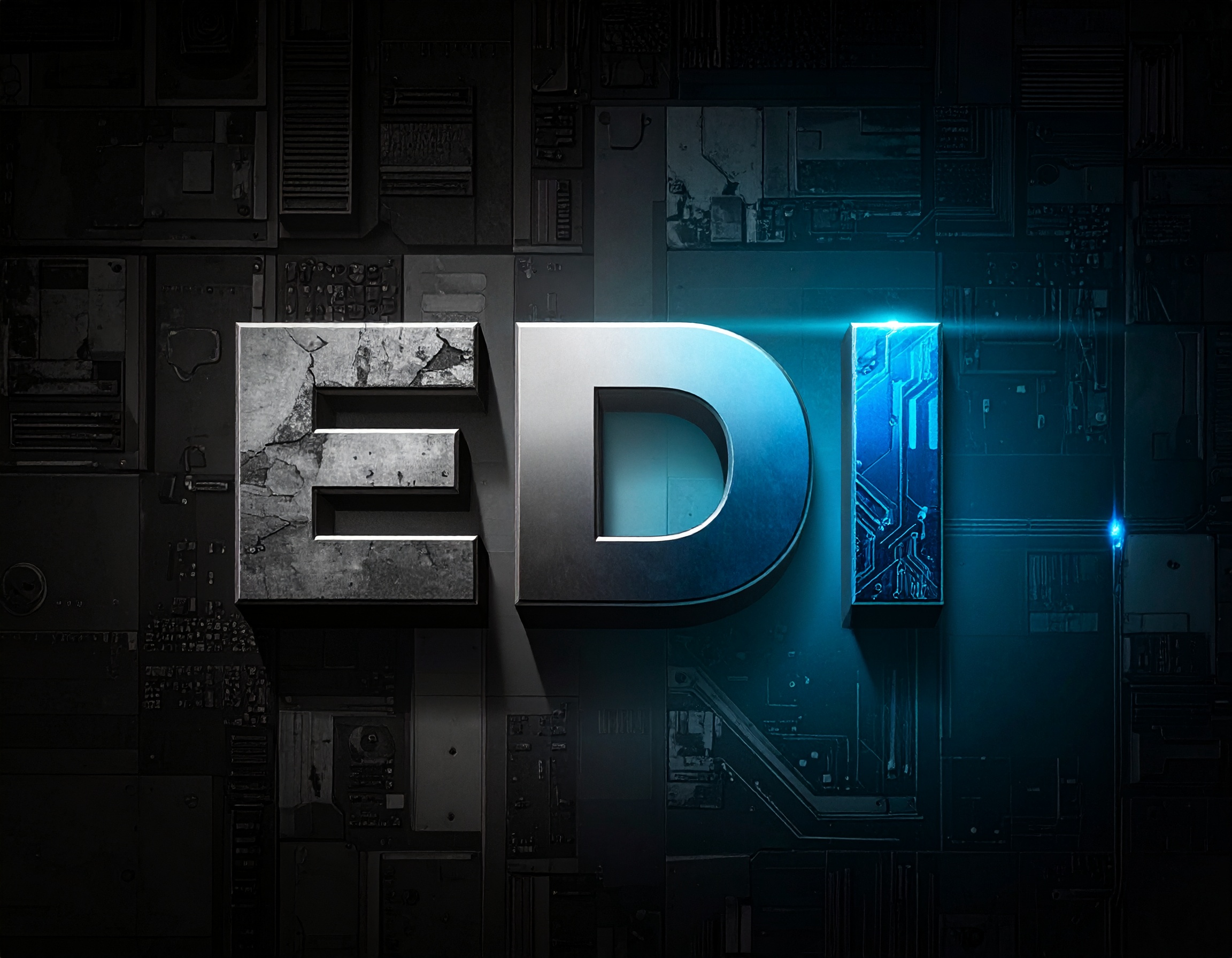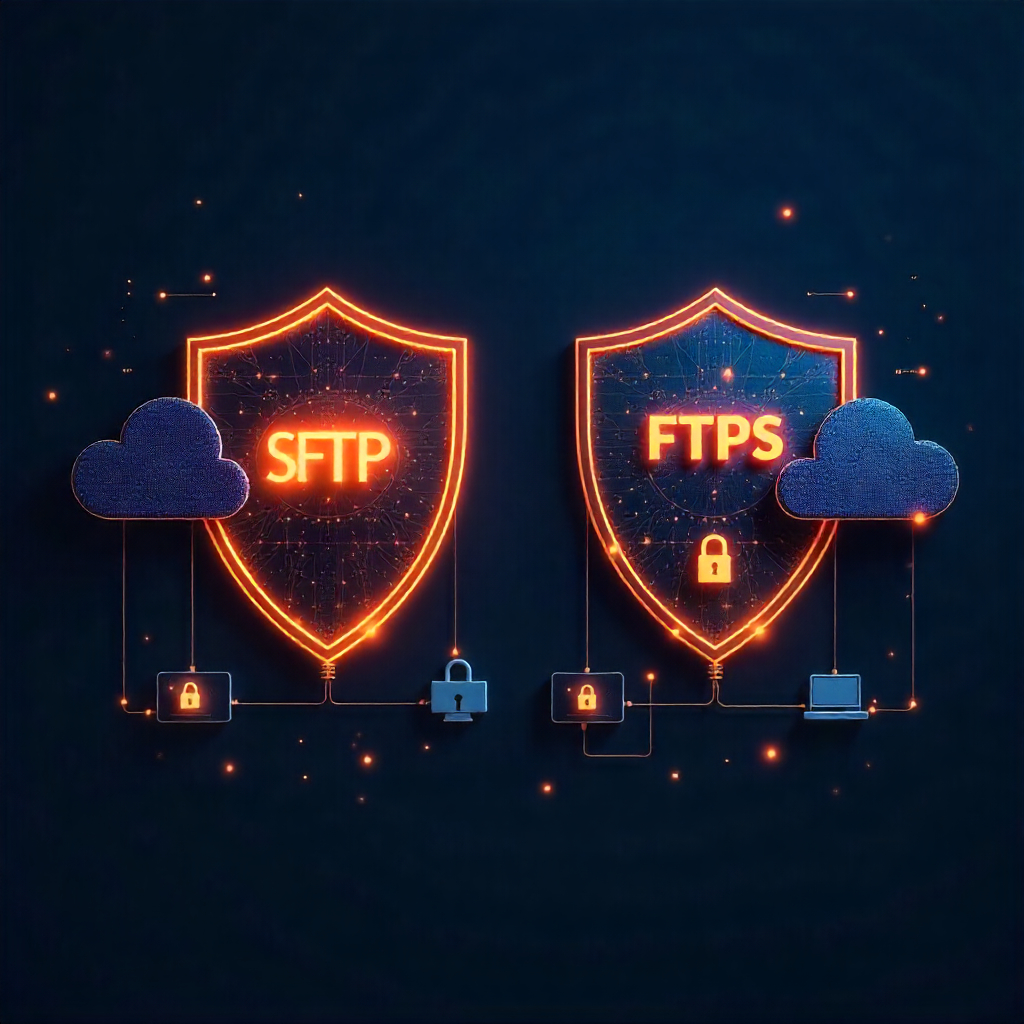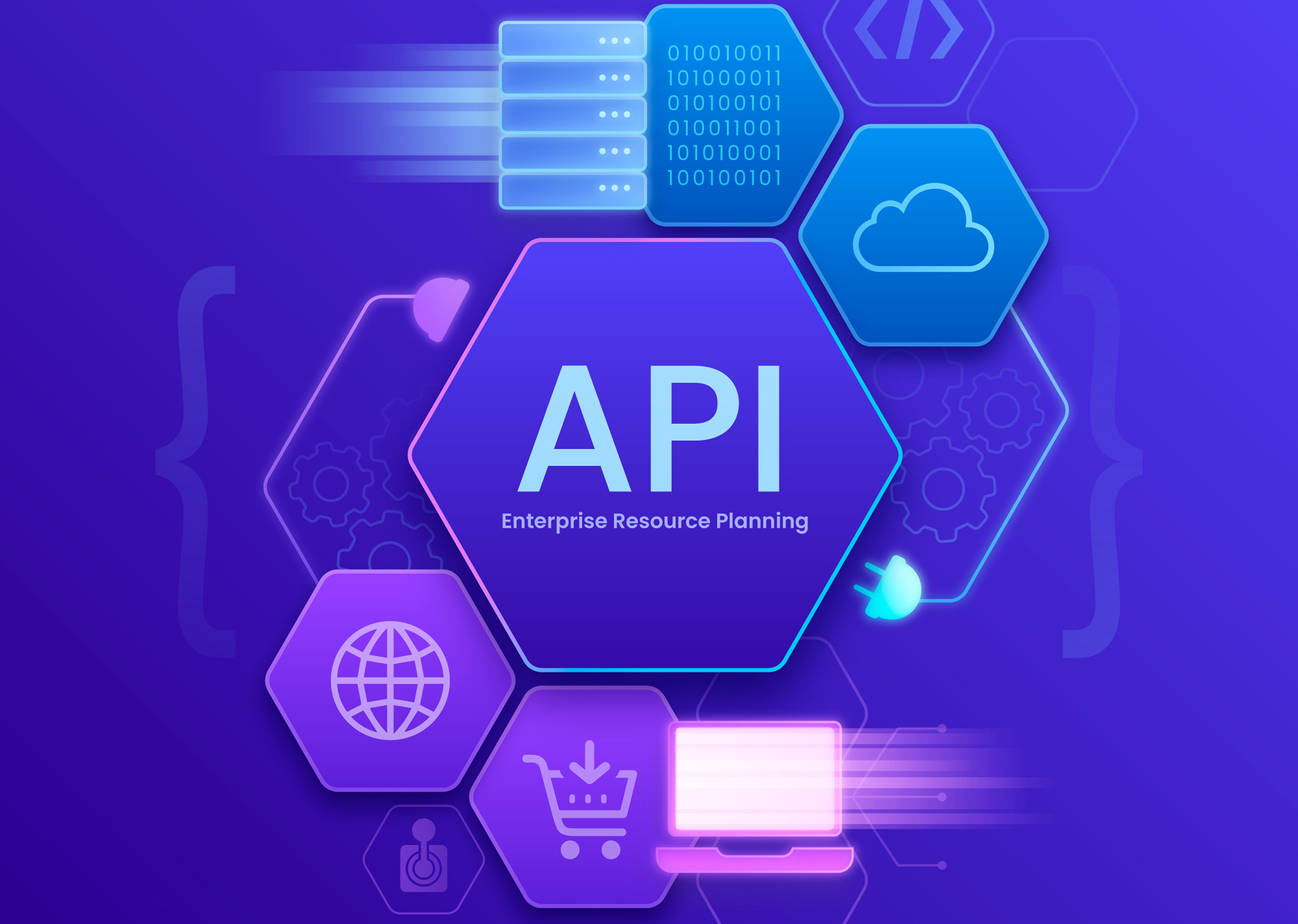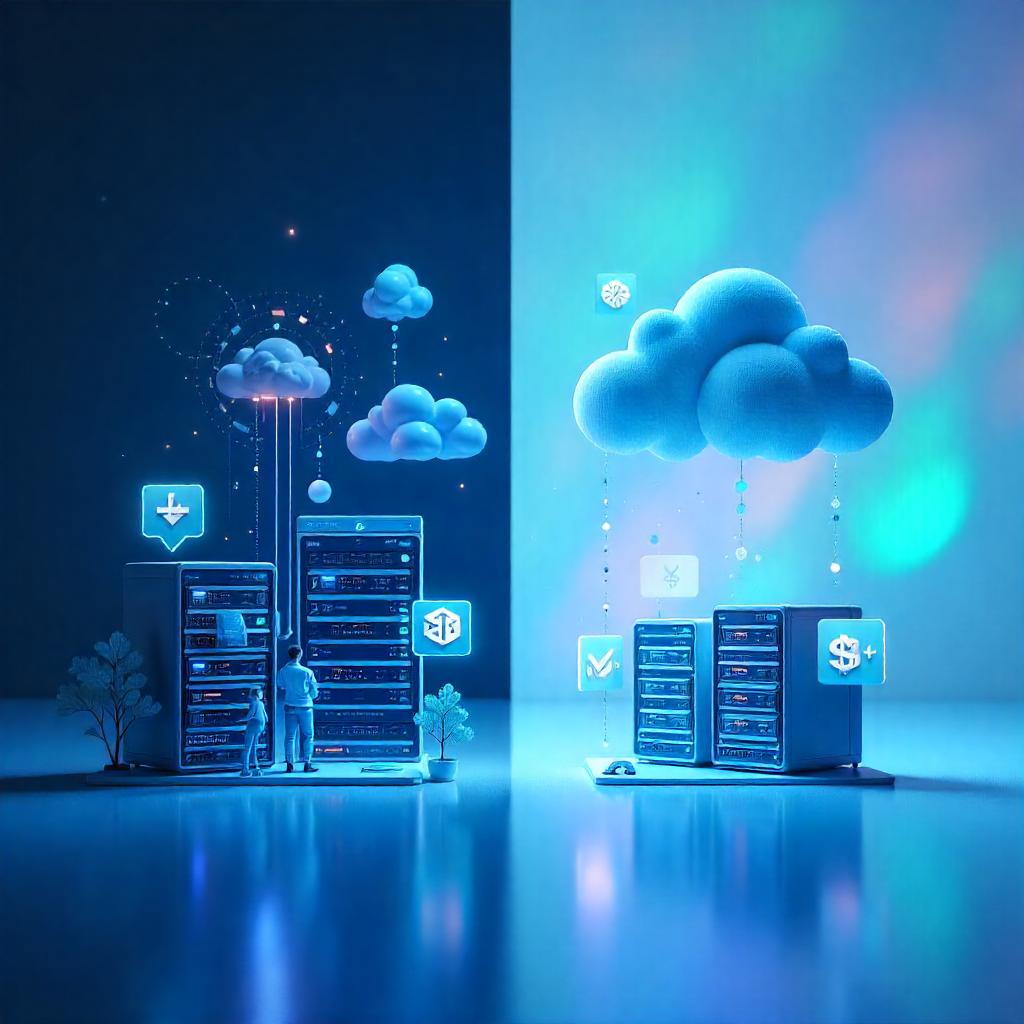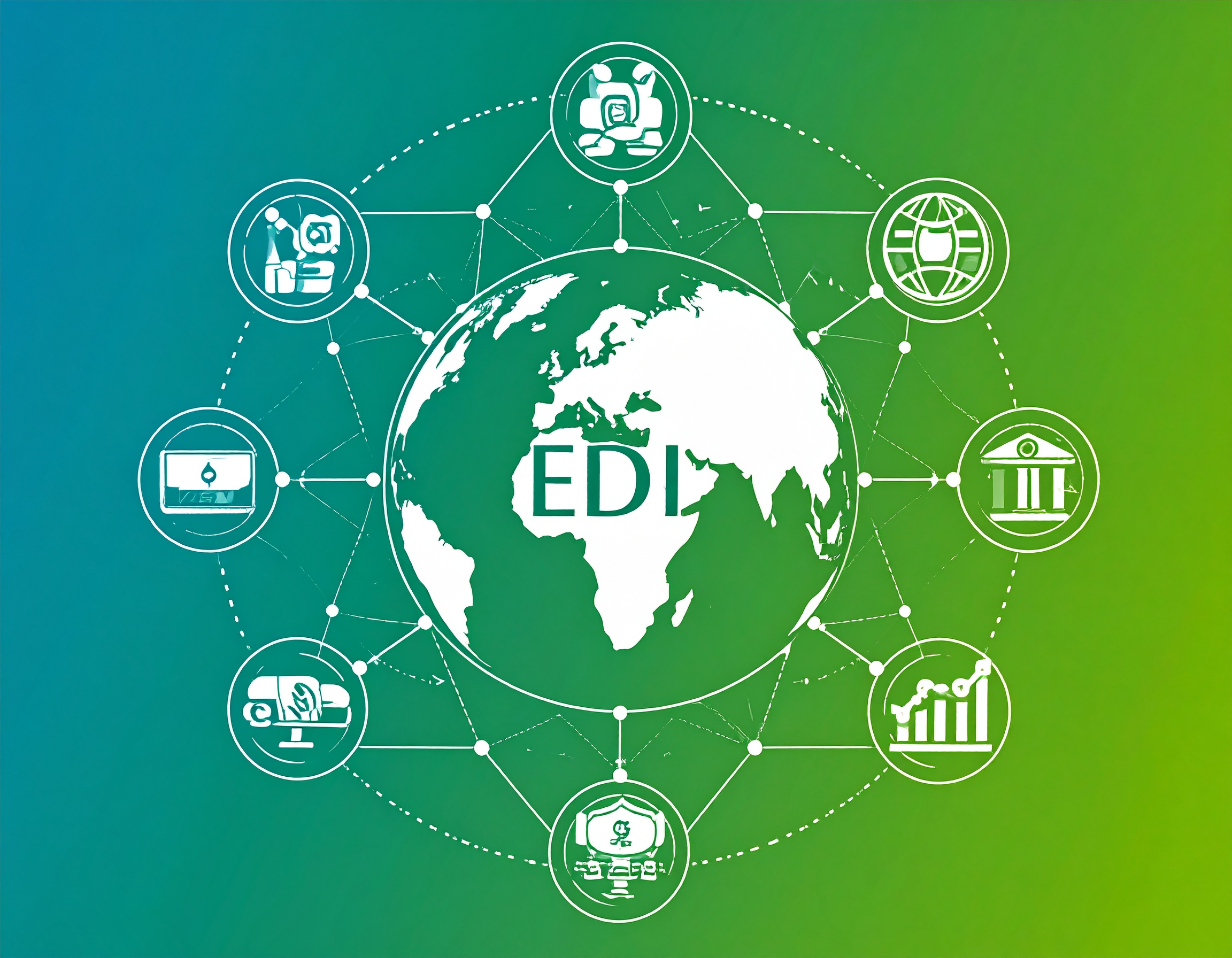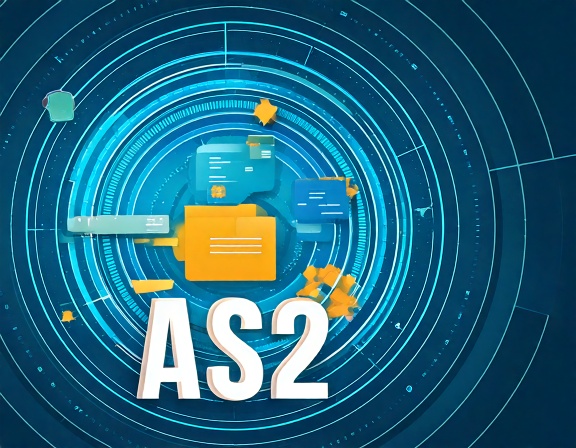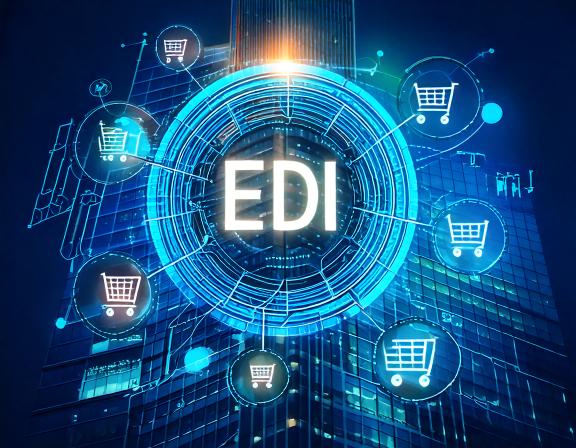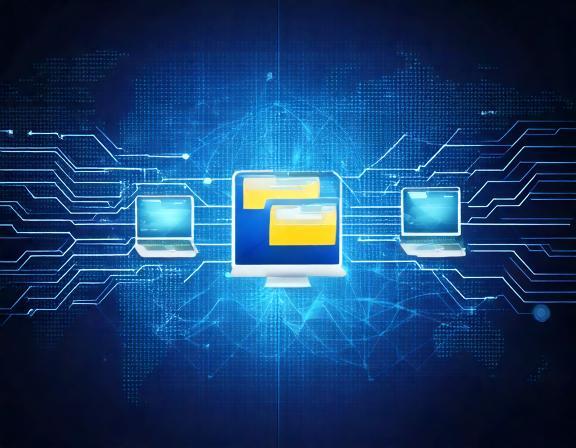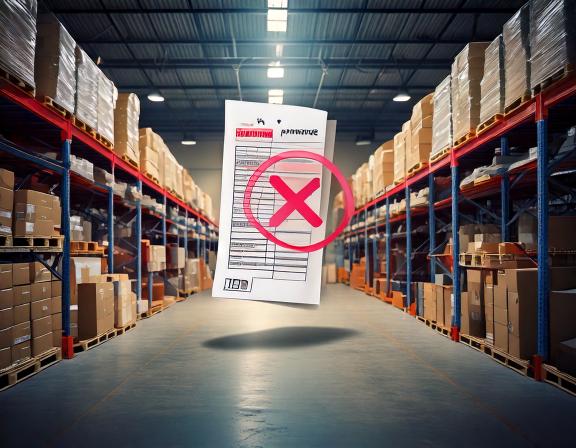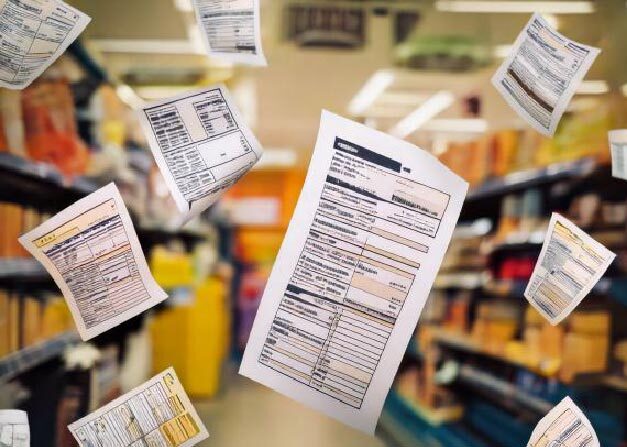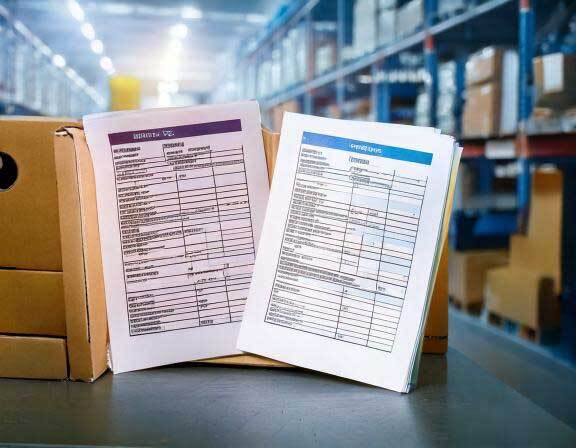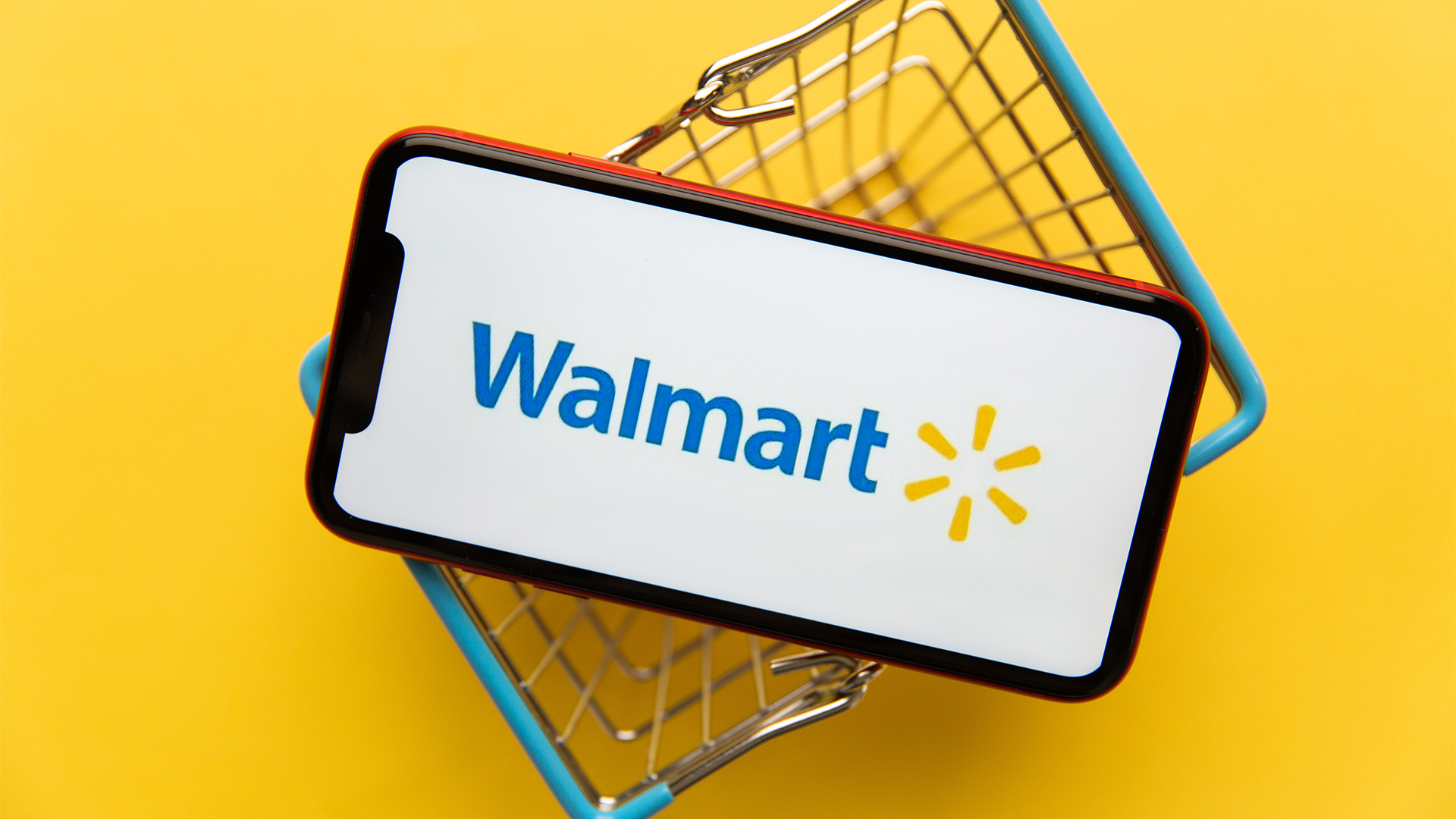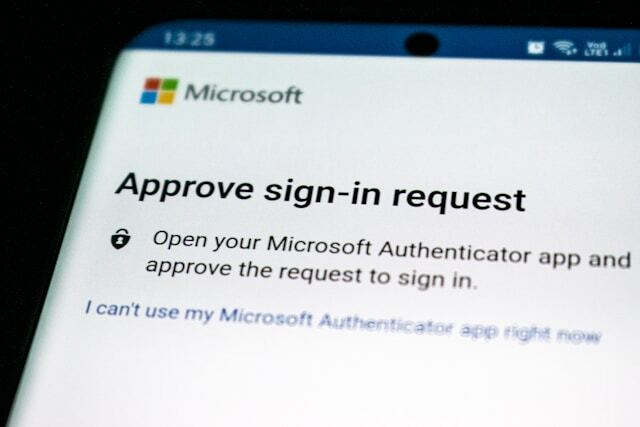MFT Gateway is a hosted Software as a Service (SaaS) solution that enables file exchange over the AS2 or SFTP protocol, without the need to install or maintain.
- Blog
- AS2 vs. AS4: Choosing the Right Protocol for Your Business Needs
AS2 | AS4
AS2 vs. AS4: Choosing the Right Protocol for Your Business Needs
Comprehensive Guide to AS2 and AS4. Learn how to choose the right protocol for your business needs.

Lahiru Ananda
Published: 26 Jul 2024

Struggling to make choices between AS2 and AS4. This comprehensive guide walk through the features and benefits of each protocol for your business needs.
AS2 protocol
In the early 2000s, AS2 (Applicability Statement 2) was designed by the Internet Engineering Task Force (IETF) for securely and safely exchanging business documents over the internet . Before AS2, companies had been using complex and expensive networking solutions like value-added networks (VANs) and AS1 for Electronic Data Interchange (EDI) purposes.
AS2 protocol relies on HTTP/HTTPS and Multipurpose Internet Mail Extensions (MIME) for secure and real-time data transfer.
Data encryption and digital signatures are some of the key features of AS2 to prevent malpractices against acquired information.
In addition, AS2 uses Message Disposition Notifications (MDNs) to verify that the messages have been received and processed by the recipients.
The AS2 communication standard was described in RFC 4130, published by the IETF in 2005.
AS2 quickly became popular in the retail, automotive, and healthcare industries because it was safer, more reliable, and less expensive than traditional methods. AS2 is still widely used for B2B communications because of how secure and fast it is.
AS4 protocol
Although the simplicity and efficacy in electronic data interchange (EDI) have made AS2 be popular in industries such as retail and automotive for secure data exchange, it has limitations in flexibility and scalability.
Officially approved in 2013, AS4 (Applicability Statement 4) was developed by the Organization for the Advancement of Structured Information Standards (OASIS) to address these limitations.
AS4 uses Simple Object Access Protocol (SOAP) for message packaging and HTTP/HTTPS for secure transmission. It supports reliable messaging by providing acknowledgment receipts and retry mechanisms to guarantee message delivery, and ensures non-repudiation, preventing parties from denying their actions.
Designed as payload-agnostic, the AS4 protocol can handle different types of data (e.g., XML, JSON, binary) and supports message compression in order to increase efficiency, particularly with large payloads.
AS2 vs. AS4; Key Features and Functionalities Comparison
| Feature/Functionality | AS2 | AS4 |
| Protocol | HTTP/HTTPS | SOAP/HTTP |
| Message packaging | MIME (Multipurpose Internet Mail Extensions ) | SOAP (Simple Object Access Protocol) |
| Security standards | S/MIME and Digital Signatures | Web Services Security standards (WS-Security) |
| Message Integrity | Ensured through digital signatures | Ensured through WS-Security |
| Encryption | Supported via S/MIME | Supported via WS-Security |
| Reliability | Message Disposition Notification (MDN) receipts for delivery confirmation | Reliable messaging features with acknowledgment receipts and retry mechanisms. |
| Non-Repudiation | MDN based confirmation | Evidence of message delivery and receipt |
| Message exchange patterns | Synchronous, Asynchronous and push-based messaging | Synchronous and asynchronous, supports both push and pull messaging |
| Scalability | Can become less efficient with large volumes and payloads | Designed to handle large volumes and diverse payloads efficiently |
| Complexity | Generally simpler to implement | Relatively complex, require knowledge of web services and WS-Security |
| Implementation cost | Lower initial costs due to simplicity and existing infrastructure | Higher initial costs due to complexity and new infrastructure requirements |
| Adaptation | Widely adopted in industries like retail and automotive | Gaining popularity in industries transitioning to modern web services |
AS2 vs. AS4? Which one is better?
The decision to choose between AS2 and AS4 depends on your specific needs, any regulatory obligations and the nature of the files that you want to transfer. Before make your choice, here are a few things that you should take into consider:
When to choose AS2
Businesses that require an uncomplicated widely accepted protocol for secure B2B communication should prefer AS2, especially in industries like retail, automotive, and manufacturing. It is most effective when:
-
Operate in Industries with Established AS2 Usage: For those businesses that operate in retail, automotive manufacture industries, AS2 is widely adopted and supported by many trading partners and legacy systems.
-
Simplicity: AS2 is quite easy to put in operation and administer as opposed to more complex protocols such as AS4. It employs HTTP/HTTPS and MIME as a result facilitating secure document exchange.
-
Require basic but effective security: AS2 provides encryption features together with digital signatures under the S/MIME framework. These features are good enough in many enterprises for confidential and integral business transactions.
-
Handle Moderate Transaction Volumes: Your business deals with low to moderate volumes of data and transactions, AS2’s capabilities are usually adequate.
-
Reliability: Your business needs will be met by basic reliability features, such as Message Disposition Notification (MDN) receipts for delivery confirmation.
-
Seek Cost-Effective Solutions: AS2 may be a less expensive choice for many businesses, with lower initial implementation costs and compatibility with existing systems.
In summary, AS2 is a good choice, if your business operates within an industry with established AS2 practices, requires a straightforward, and cost-effective secure data exchange solution that handles smaller payloads with moderate transaction volumes.
When to choose AS4
AS4 is most appropriate for businesses that require a contemporary, secure, and adaptable method of B2B (Business to Business) communications, especially for :
-
Advanced Security: AS4 is a system of the WS-Security standards which uses comprehensive encryption, digital signatures and authentication, therefore is the best for working with sensitive or regulated data.
-
Large To Diverse Data: If your business deals with a lot of data transfer or has different types of payloads such as XMLs, JSONs, binary, etc. AS4 does employ use of message compression and diverse payload formats, enhancing efficiency and flexibility.
-
Reliability: AS4 guarantees a dependable delivery of messages by using built-in acknowledgment receipts and retry mechanisms that makes it ideal for complex and critical transactions.
-
Modern Web Services Based Integrations: The use of SOAP (Simple Object Access Protocol) and web services standards in AS4 promotes interoperability across contemporary systems and platforms.
-
Scalability and Flexibility: AS4 is ideal for companies that are expected to grow or that need to be able to adapt to different demands. AS4’s extensibility supports evolving business requirements and technologies.
In summary, use AS4 when your business needs strong security, delivery assurance, efficient handling of large or varied data, modern integration capabilities, or scalability for complex B2B communication scenarios.
MFT Gateway
The MFT Gateway, a Business to business (B2B) file transfer software as a service (SaaS) supports exchanging files over both AS2 and SFTP protocols. As a SaaS solution, the MFT Gateway provides you with an email-like web interface for AS2, reducing the complexity of maintaining your own servers.

Talk to an EDI Expert
Join hundreds of organizations already taking full control of their B2B AS2 communications with our trusted solutions. Contact us today to tailor a solution that fits your specific AS2 EDI needs.
Related Articles
View All BlogsExplore our product stack
Try before you buy with a 30-day Free Trial
No commitment, all value. Try the AS2 Solution Risk-Free and discover how our solutions can transform your business workflows. No credit card required.
Explore Your Possibilities
Elevate AS2 Communications with our EDI and AS2 Solutions
See how our AS2 and EDI solutions can simplify your integrations, boost efficiency, and keep you compliant—request a personalized demo today.





